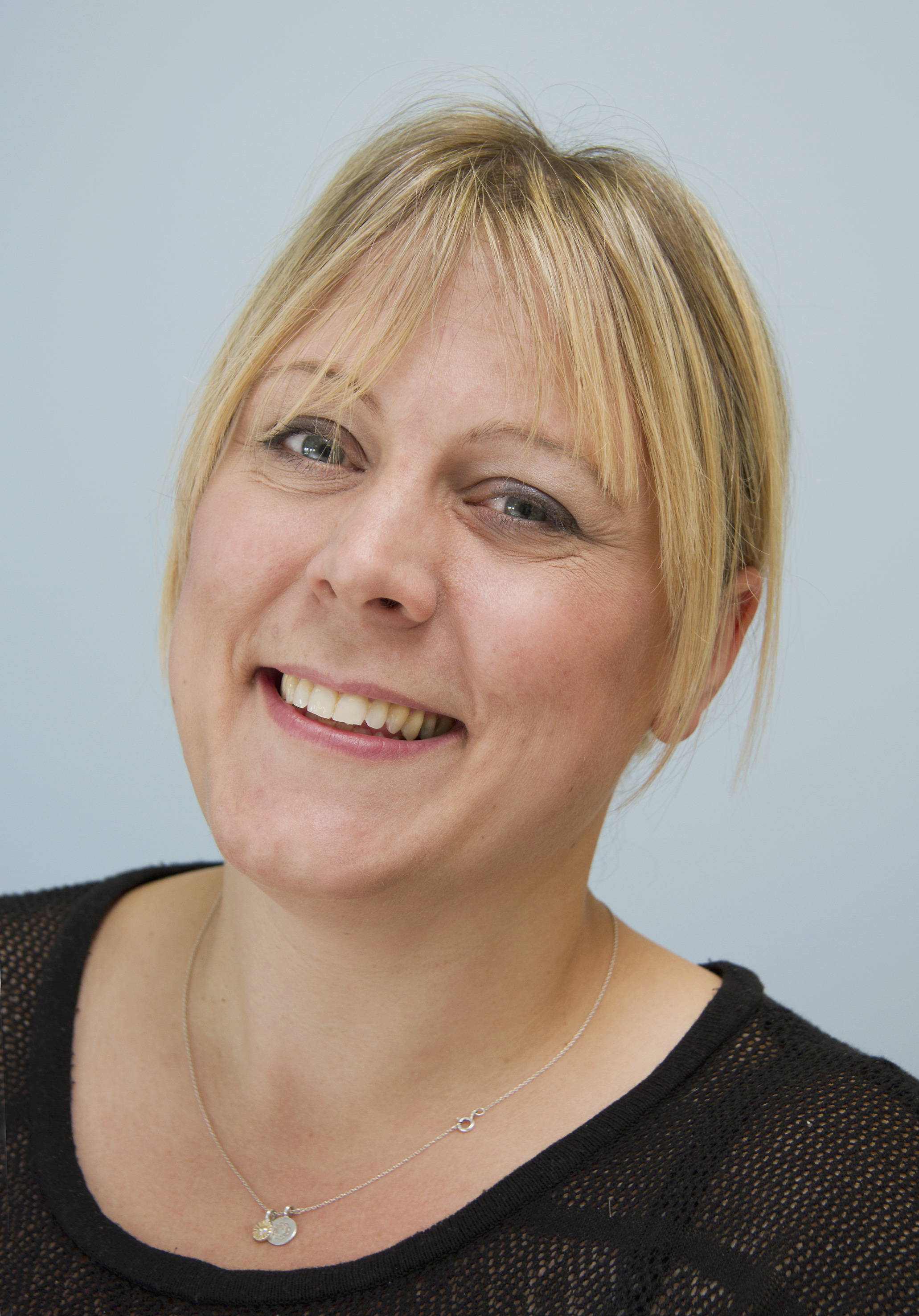Published on: 12 December 2023
No one wants the gift of the lurgy this festive time, so the NHS is calling on people to do to their bit to stop the spread.
Across South Tyneside and Sunderland, NHS services are seeing patients who are becoming unwell due to common seasonal viruses and illnesses.
Respiratory illnesses such as colds, flu and COVID have all led to increased calls to GP surgeries, with some people also being treated in hospital.
NHS services are also seeing patients unwell with Norovirus, which is also called the winter vomiting bug and is common at this time of year. It also causes diarrhoea and while very unpleasant, usually goes away in about two days.
The recovery from all of these illness can be helped with rest and common remedies available from supermarkets and pharmacies.
But to help stop the spread of them, the NHS in South Tyneside and Sunderland is urging people to take steps to keep each other safe so they can enjoy the Christmas and New Year break.
By following this advice, it will also help keep vital hospital services free for those who do become seriously unwell and need to be admitted as an inpatient.
The local NHS is also keen to stress that despite ongoing pressure on services, people should always seek emergency care if they need help and reminding people that help is always on hand 24/7 to treat those who are most seriously unwell or injured.
Advice on when to call 999 or head to an Emergency Department is available via NHS 111, which is a good first port of call for information about where is best to access treatment.

Dr Matthew Walmsley is a GP at Marsden Road Health Centre in South Tyneside and is also the Trust’s Associate Medical Director for Primary Care.
This role sees him work to strengthen the links between the Trust’s hospital and community teams and services outside of hospital.
He said:
"We all know this time of year is when we pick up illnesses such as these.
"It’s also a very busy time for many of us, so we might already be feeling rundown.
"We can all take really easy steps to reduce the risk to ourselves and each other. It could make the difference between a good Christmas and one to forget if we spend it being unwell.
"No one wants to make their friends, family and workmates ill either, so please do your bit to help us stop the spread of viruses and bugs.
"Wash your hands, remember ‘Catch it, bin it, kill it’ and stay at home and make sure you recover fully before heading out if you have felt unwell.
"All of these steps will keep you well, but will also help ease the demand on NHS services at a time when it’s already really busy.
"It’s also a good idea to stock up your medicine cupboards ready to see in 2024 and beyond.
"We want people to have a good Christmas and New Year and all of this advice will help."

Tracey Lucas is a GP at Deerness Medical Centre in Suffolk Street in Hendon, Sunderland.
She said:
"We all know from the pandemic there are steps we can all take to reduce the chances of catching coughs and colds and illnesses such as the flu and COVID from each other.
"While some of us might feel unwell for a week or two, for others, they can be very serious and can make people very ill.
"It’s all on each of us to help keep each other safe and well. Being sick at Christmas or during the New Year really puts a dampener on celebrations and while we all like to socialise and visit our loved ones, passing on these viruses isn’t a gift anyone wants to receive.
"Make sure you play your part in keeping yourself safe so you can enjoy the next couple of weeks and help keep bugs at bay.
"While you’re out Christmas shopping, it’s a good idea to pick up those supplies we all need for our medicine cabinet, it’ll make it so much easier to treat yourself if you do get unwell."
Details of symptoms of each illness, other common conditions and the best treatment for them can be found at www.nhs.uk/
People can reduce the risk to themselves and each other from viruses by:
- washing your hands frequently with soap and warm water is the best way to stop bugs spreading - alcohol hand gels do not kill norovirus
- use tissues to trap germs when you cough or sneeze
- bin used tissues as quickly as possible
- do not share towels or household items, such as cups, with someone who has a cold
- do not touch your eyes or nose in case you have come into contact with the virus, as it can infect the body this way
- if you have a high temperature or do not feel well enough to do your normal activities, try to stay at home and avoid contact with other people until you feel better.
- stay off school or work until you have not been sick or had diarrhoea for at least two days
- don’t visits loved ones in hospital or other care settings if you feel unwell
- wash any clothing or bedding that has poo or vomit on it separately on a hot wash
- clean toilet seats, flush handles, taps, surfaces and door handles every day
- stay away from swimming pools for two weeks after the symptoms stop.







